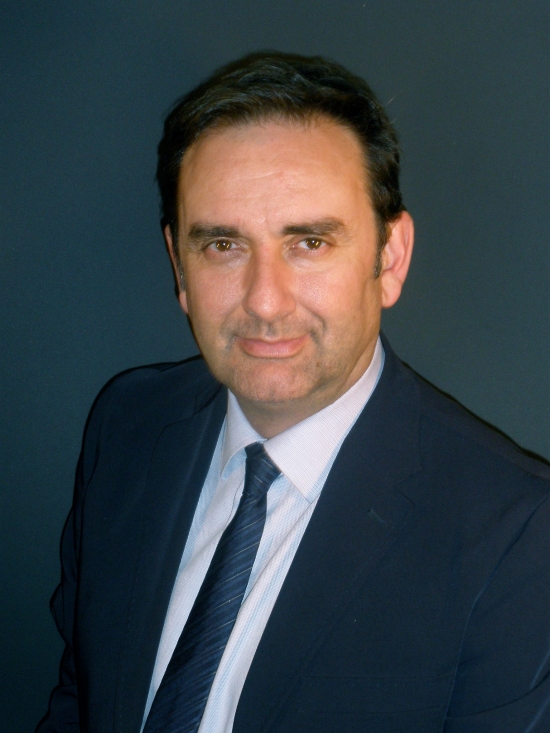
RADLAB Seminar
Gradient Metasurface for Surface Wave Control
Add to Google Calendar

Metasurfaces (MTS) are constituted by sub-wavelength size patches printed on a thin, possibly grounded dielectric substrate. MTS has the appealing characteristics of low profile, manufacturing simplicity, combined with the capability of control of the EM field. The BCs perceived by an EM field can be modified at will by spatially changing the characteristics of the sub-wavelength patches in a gradual manner. We identify three main design of MTSs, in which the objective is to control: (i) space-wave; (ii) leaky-wave, and (iii) surface wave. The first type of MTSs control impinging spatial waves by refracting, deflecting, focusing or controlling the polarization of an impinging space wave. The second class of MTS is designed in order to convert a bounded surface wave (SW) into a curvilinear wavefront leaky-wave (LW), where impedance BCs are modulated in a locally-periodic fashion. MTSs for SWs manipulation control their propagation path, changing the SW wavefront. Combining these different design into microwave devices leads to high-gain, low cross-pol antennas, Gaussian horns, multibeams, lenses, deflector, metaradomes. Adaptive MTSs, composed of dynamically reconfigurable materials, would allow to explore new reconfigurable-beam antennas.
Stefano MACI is a Professor the University of Siena (UNISI), and head of the EM lab of UNISI. Since 2004, he has been responsible of 6 projects funded by the European Union (EU) and 14 research projects funded by the European Space Agency. In 2004 he founded the European School of Antennas (ESoA), a PhD school that presently comprises 35 courses on Antennas, Propagation, Electromagnetic Theory. He is former director of the PhD School of ICT in Siena, and present Director of the FORESEEN center and Leader of the H2020 FET project Nanoarchitectronics. He is a IEEE Fellow, IEEE and EuRAAP Distinguish Lecturer. He has been a Director of the European Association on Antennas and Propagation (EuRAAP), recipient of the EurAAP Award in 2014, and of the IEEE Chen-To-Tai Distinguished Educator award in 2016. He won the IEEE Transaction Shelkunoff prize in 2015. He is author of 10 book chapters, 150 papers published in international journals, and about 400 conference papers.
 MENU
MENU 
